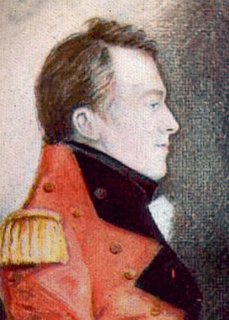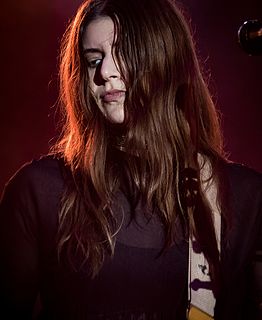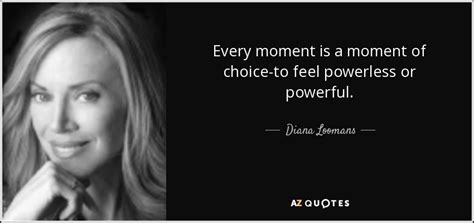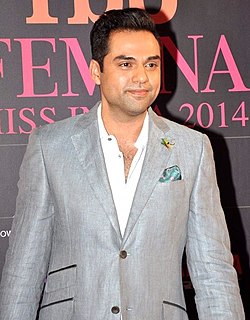A Quote by Augusten Burroughs
I don't sit down at nine in the morning and begin writing and then take a break for lunch and stop at four. I have no structure like that. I am at my computer constantly, more or less attached to it. I live on-line and hate being off-line and don't care how unhealthy it is.
Related Quotes
Hazel had read enough books to know that a line like this one is the line down which your life breaks in two. And you have to think very carefully about whether you want to cross it, because once you do it’s very hard to get back to the world you left behind. And sometimes you break a barrier that no one knew existed, and then everything you knew before crossing the line is gone. But sometimes you have a friend to rescue. And so you take a deep breath and then step over the line and into the darkness ahead.
The typical workday, particularly in startup mode, is from nine to six or nine to seven, then you take a two-hour break to work out and eat dinner. By that time, you're relaxed, and then you work until midnight or one A.M. If there was no break with physical activity, you'd be more tired and less alert.
If I'm writing a novel, I'll probably get up in the morning, do email, perhaps blog, deal with emergencies, and then be off novel-writing around 1.00pm and stop around 6.00pm. And I'll be writing in longhand, a safe distance from my computer. If I'm not writing a novel, there is no schedule, and scripts and introductions and whatnot can find themselves being written at any time and on anything.
When you listen to tax-cut rhetoric, remember that giving one class of taxpayer a break requires - now or down the line - that an equivalent burden be imposed on other parties. In other words, if I get a break, someone else pays. Government can't deliver a free lunch to the country as a whole. It can however, determine who pays for lunch.
I remember being a kid, and if you had to pee, well, you had to hold it until the commercial break. Then you rushed, and hopefully, if you're going to the kitchen for a snack, you'll be back before so you don't miss a line. If your sister sneezed or was talking over a line, there was no way of knowing what that line was or what the joke was.
What I find difficult about photo shoots is the line between playing a character - you're being asked by the photographer to take on a role like you would in a movie - and being a fancier version of yourself. It's about finding that line between being spontaneous and open to direction, but also trying to explain to photographers that the "me" is often taken out of context because it has all of this other stuff attached to it.
When I am writing a novel, though, then it's usually three or four hours a day. Ideally, right after lunch until three or four, but sometimes picking up again around ten, going until a touch after midnight. I rarely write in the morning, unless I'm on deadline. I do like rewriting in the morning, though. Guess it's the way my brain's put together. Or, the way it's falling apart.
What I do is work for three or four years and then I take a year off, and then I come back again and work for three or four years and then take another year off. It is not about just working and then writing for a year. That is not how it is structured. It is about doing very conscious goal-driven activities for four years and then taking a year off in complete surrender to discover facets of myself that I don't know exist and exploring interests with no commercial value associated with them at all.
If I had my child to raise all over again,I'd finger paint more, and point the finger less.I'd do less correcting, and more connecting.I'd take my eyes off my watch, and watch with my eyes.I would care to know less, and know to care more.I'd take more hikes and fly more kites.I'd stop playing serious, and seriously play.I'd run through more fields, and gaze at more stars.I'd do more hugging, and less tugging.I would be firm less often, and affirm much more.I'd build self esteem first, and the house later.I'd teach less about the love of power, and more about the power of love.






































